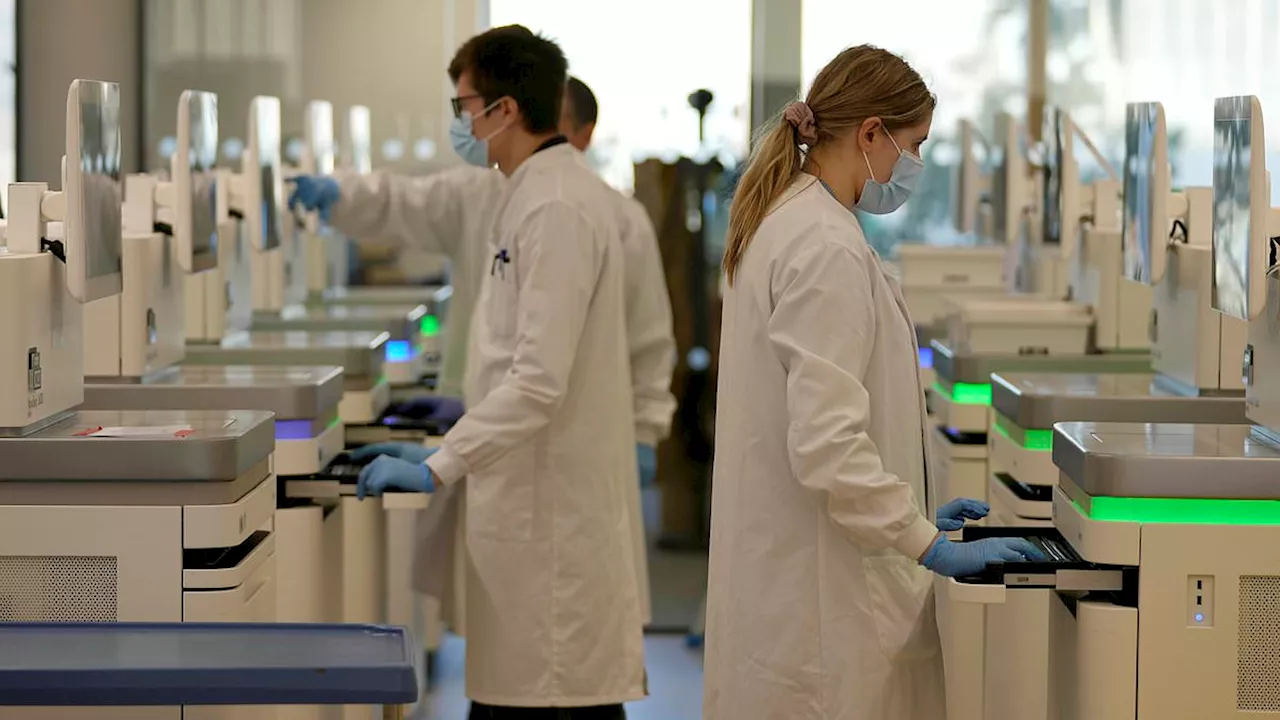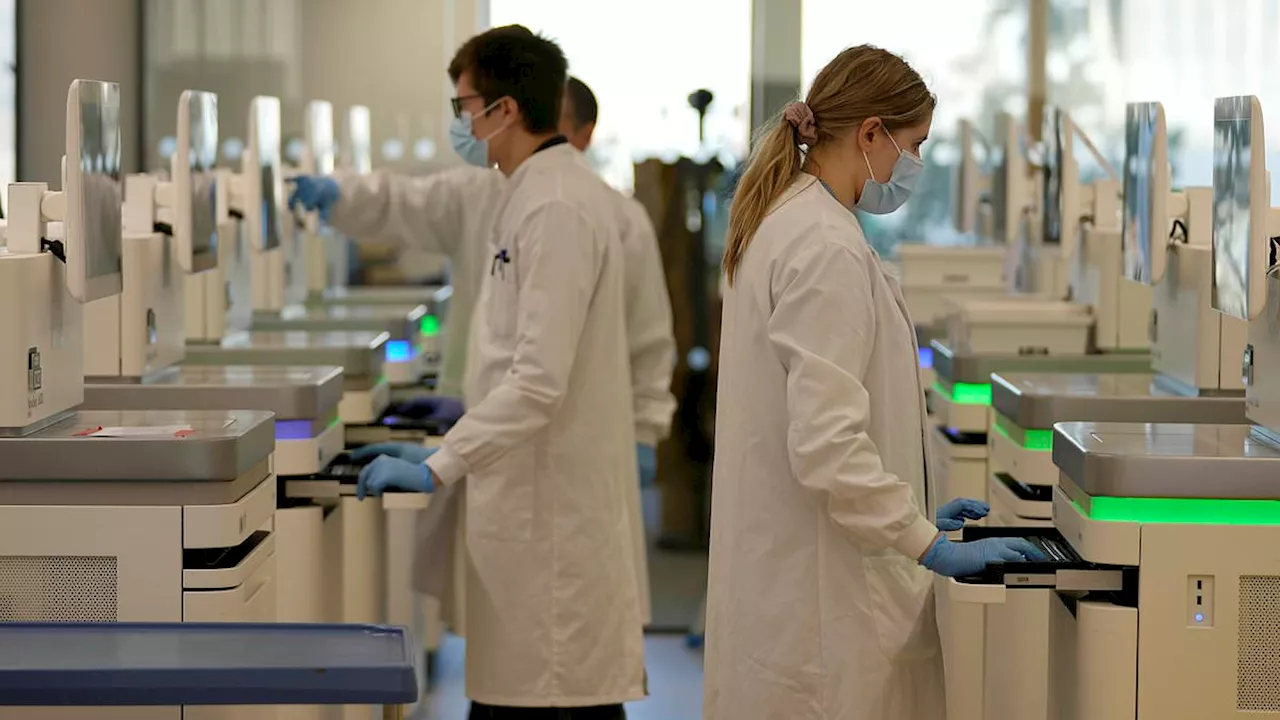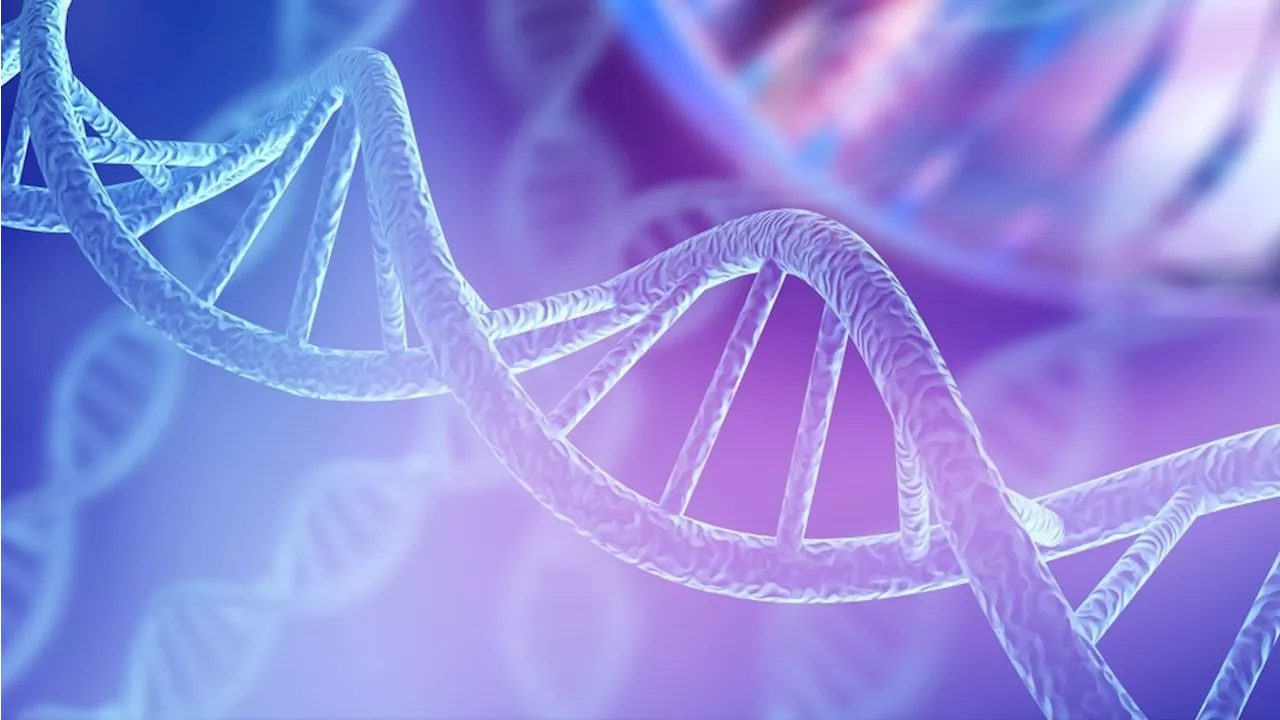Researchers performed saturation genome editing of the BAP1, whose dysfunction is related to cancer and impaired neurodevelopment.
By Pooja Toshniwal PahariaReviewed by Danielle Ellis, B.Sc.Jul 10 2024 In a recent study published in Nature Genetic s, researchers performed saturation genome editing of the BRCA1-associated protein-1 gene , whose dysfunction is related to cancer and impaired neurodevelopment.
About the study In the present study, researchers used SGE to characterize single-nucleotide variations in the BAP1 gene, enhancing precision medicine efforts. Researchers developed a HAP1 DNA ligase 4 knockout strain that included genomic integration of a clonally generated Cas9 . They refined plasmids and transfection methods, screening all BAP1-coding exons across five periods. In addition, they conducted two different studies to target each SGE area.
Related StoriesResearchers compared the BAP1 SGE test to the American College of Medical Genetics and Genomics evidence framework to establish its usefulness for variant interpretation. They investigated BAP1 variants in cancer and neurodevelopment and classified them as highly deficient or slightly depleted. They used a phenome-wide association study to identify deficient variants and developed cancer-type phenotypic characteristics and rare variant burden test masks.
The revised SGE method increased experiment quality by establishing BAP1 essentiality in the HAP1 LIG4 KO cell line, increasing Cas9 activity, and maintaining robust haploidy. The refined SGE procedure improved transfection efficiency among HAP1 cells to above 60% from below 5.0%. BAP1 essentiality enabled mutational consequence separation, with stop-gained and frameshift variants having primarily negative functional scores.
Autosomal Cancer Cancer Therapy Cas9 Cell Codon Gene Genetics Genome Genome Editing Germline Medicine Melanoma Nucleotide Precision Medicine Protein Syndrome Transfection Tumor
United Kingdom Latest News, United Kingdom Headlines
Similar News:You can also read news stories similar to this one that we have collected from other news sources.
 Thousands of high-risk cancer genes identified in landmark study... so could could YOU be carrying...Researchers in the UK have now discovered more than 5,000 harmful changes to the protein BAP1's DNA which can disrupt its protective effects.
Thousands of high-risk cancer genes identified in landmark study... so could could YOU be carrying...Researchers in the UK have now discovered more than 5,000 harmful changes to the protein BAP1's DNA which can disrupt its protective effects.
Read more »
 Thousands of high-risk cancer genes identified in landmark study... so could could YOU be carrying...Researchers in the UK have now discovered more than 5,000 harmful changes to the protein BAP1's DNA which can disrupt its protective effects.
Thousands of high-risk cancer genes identified in landmark study... so could could YOU be carrying...Researchers in the UK have now discovered more than 5,000 harmful changes to the protein BAP1's DNA which can disrupt its protective effects.
Read more »
 UCL researchers identify brain mechanisms behind mood bias in bipolar disorderMomentary shifts in mood, even those lasting just a matter of seconds, profoundly alter the brain's response to pleasurable experiences in people with bipolar disorder, finds a new study by UCL researchers.
UCL researchers identify brain mechanisms behind mood bias in bipolar disorderMomentary shifts in mood, even those lasting just a matter of seconds, profoundly alter the brain's response to pleasurable experiences in people with bipolar disorder, finds a new study by UCL researchers.
Read more »
 Support, don't micromanage, say researchers who find WFH intensified 'anxiety' in someFeeling empowerment and autonomy at work reportedly key when toiling remotely
Support, don't micromanage, say researchers who find WFH intensified 'anxiety' in someFeeling empowerment and autonomy at work reportedly key when toiling remotely
Read more »
 Researchers say parents are overwhelmed and it's affecting their kids' eatingIt's the end of a long workday, which also included managing your children's schedules and after-school activities. You're exhausted, and the kids just won't eat their broccoli.
Researchers say parents are overwhelmed and it's affecting their kids' eatingIt's the end of a long workday, which also included managing your children's schedules and after-school activities. You're exhausted, and the kids just won't eat their broccoli.
Read more »
 Researchers test the systemic score for Still's diseaseStill's disease is an inflammatory disorder typically manifesting with fever, arthritis, and skin rash. It affects both children and adults, and has previously been known as systemic juvenile idiopathic arthritis and adult-onset Still's disease. Regardless of the name, people with Still's disease are burdened by life-threatening complications.
Researchers test the systemic score for Still's diseaseStill's disease is an inflammatory disorder typically manifesting with fever, arthritis, and skin rash. It affects both children and adults, and has previously been known as systemic juvenile idiopathic arthritis and adult-onset Still's disease. Regardless of the name, people with Still's disease are burdened by life-threatening complications.
Read more »
